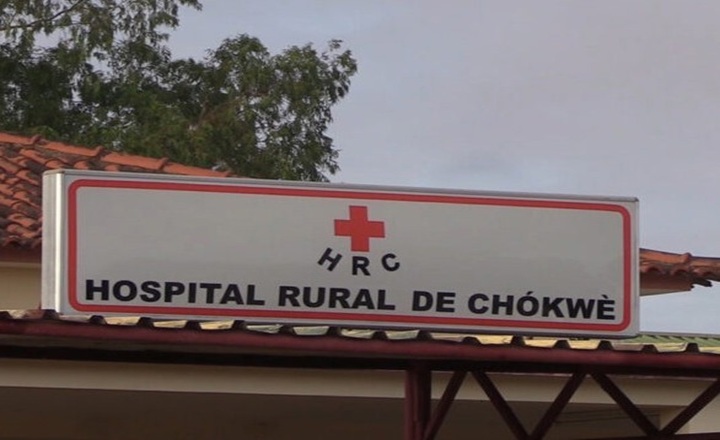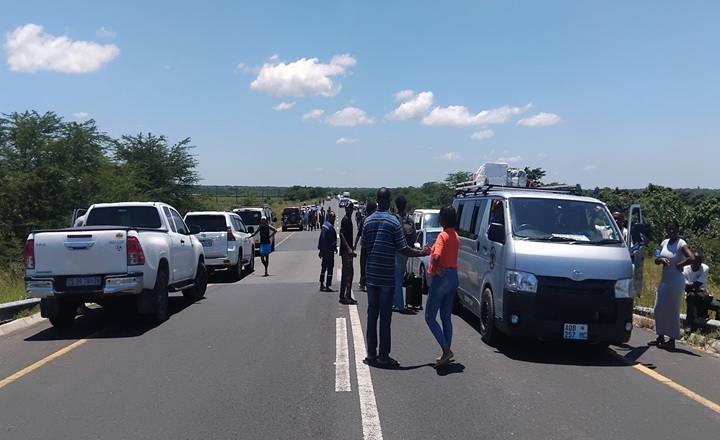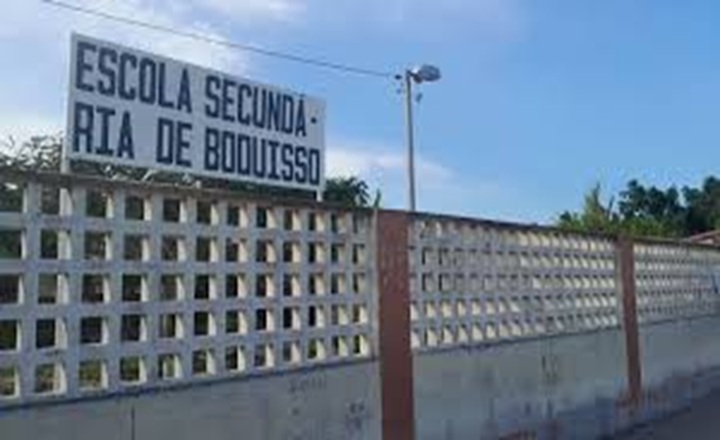
Blue Economy: Young Mozambicans at the Forefront of Innovation

During the international conference on the Blue Economy held in France, Mozambique found an opportunity to reflect on the potential that the Indian Ocean represents for its sustainable development.
With an extensive coastline, the country boasts unique natural conditions to leverage marine-related initiatives. However, in a context of climate change, coastal erosion, and environmental crises, it has become urgent to rethink the role of the ocean not only as a resource for exploration, but also as a space for protection and innovation. It was in this spirit that the 'Economies of the Indian Ocean' project was born, led by young people and local partner organizations.
The genesis of the initiative
According to Gabriel Tembe, one of the project's faces, the conference in France served as inspiration:
"In Mozambique, we suffer from climate change and several other adverse events. Holding a conference in this context was an opportunity to reflect on the Blue Economy and the Circular Economy. We thought: we have the Indian Ocean, why not use it as a space for innovation and preservation?"
From green to blue
Traditionally, when discussing environmental protection, the Mozambican narrative focuses on forests, deforestation, and trees. For Tembe, this vision is incomplete:
"We always think about green. It seems we're forgetting about the oceans. This conference is a reminder that the ocean is also an important part of our environment."
Ideas Competition: Youth Creativity in the Spotlight
The first edition had 37 young participants. Of these, eight reached the Business Model Canvas presentation stage.
After evaluation, four projects were selected for the 'pitch battle.' Of these, two business ideas will be awarded at the conference on October 30th, receiving technical support and partner support for their implementation.
The proposals presented were mostly developed by students and recent graduates in environmental fields such as environmental management, ecology, oceanography, and marine chemistry, a sign that Mozambican human capital is prepared to innovate in the blue sector.
Challenges and limitations
The biggest obstacle, according to Tembe, was reaching the target audience:
"We wanted to reach 200 young people, but we couldn't. Inclusão, the advocacy organization, has only been around for a year and isn't yet well-known. We mainly use social media, and that limited our impact."
Still, the assessment is positive: the number of ideas received, the quality of the proposals, and the initial mobilization indicate that the project has the potential to be scalable to other provinces, especially coastal ones.
Looking to the future
Although there is no defined expansion plan yet, the organizers aim to carry out the project annually or biannually. The next step will be to evaluate, with partners, the possibility of replicating the initiative throughout the Mozambican coast.
"This was just the first edition. We want the project to be regular and reach more young people, giving them space to express and implement their blue and circular economy ideas."
Final considerations
The Indian Ocean Economies project emerges as one of the first structured attempts to include Mozambican youth in the Blue Economy agenda. It demonstrates that, despite communication and outreach challenges, there is a generation ready to transform the Indian Ocean not only into a source of resources, but also into a space for sustainable innovation.
Next, some projects from the young participants will be presented, which will give an idea of what the training was like and what the young people are willing to do in this context of ocean protection.
Outras noticias

Society
19-year-old woman arrested for kidnapping newborns at Chókwe Rural Hospital
2026-01-08

Society
Tension in Salamanga: Conflict between the Community and Rangers of the Maputo Reserve
2026-01-08

policy
YELLOW CARD NO. 1 OF THE YEAR: BETWEEN PROMISES, POPULISM AND THE URGENCY OF NATIONAL PRIORITIES
2026-01-08

policy
YELLOW CARD FOR THE FIRST PRESIDENTIAL REPORT: NARRATIVE ARROGANCE, SYSTEMIC CONTINUITY, AND THE WASTE OF A FIRST YEAR OF HOPE
2025-12-25

Society
Intaka-Boquisso road floods after inauguration, leaving residents outraged
2025-12-25
Copyright Jornal Preto e Branco All rights reserved . 2025